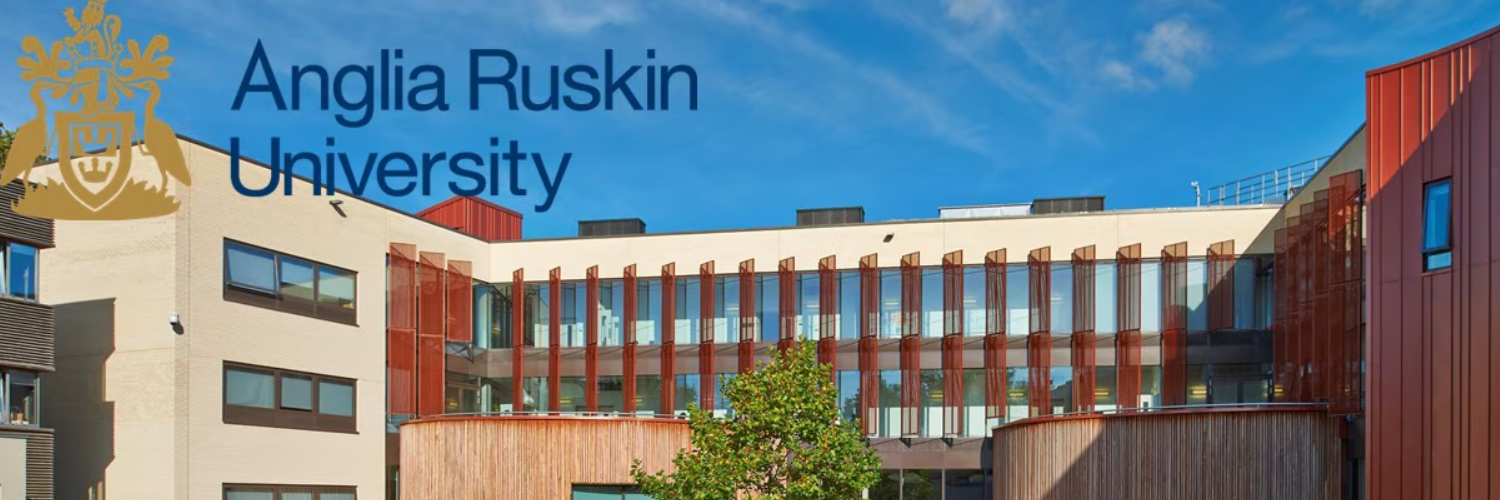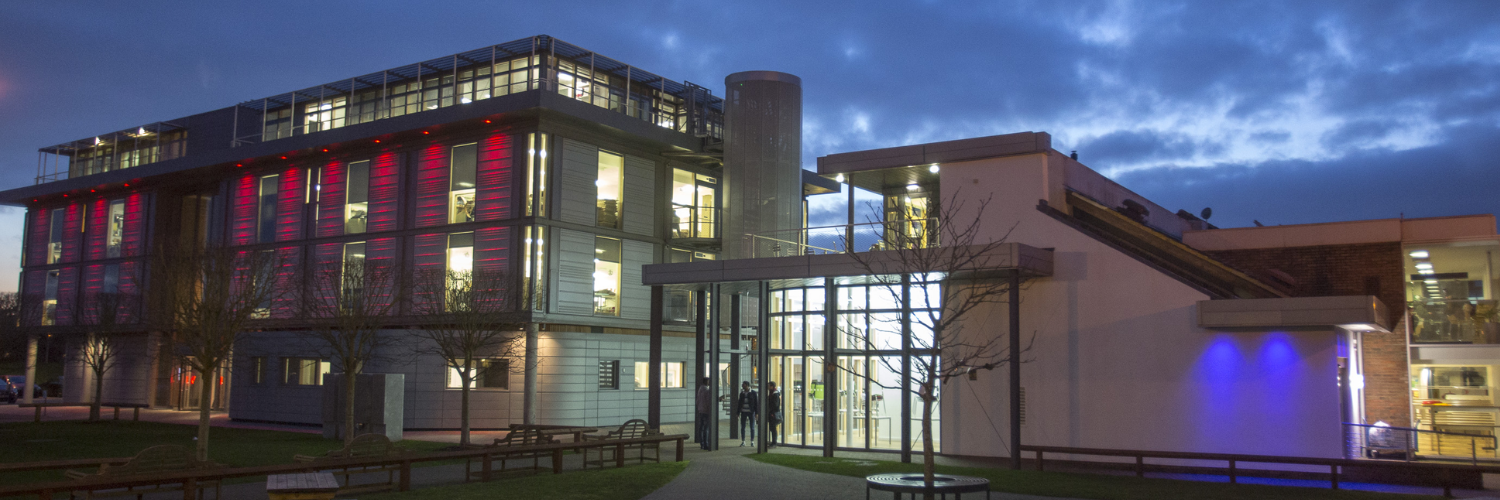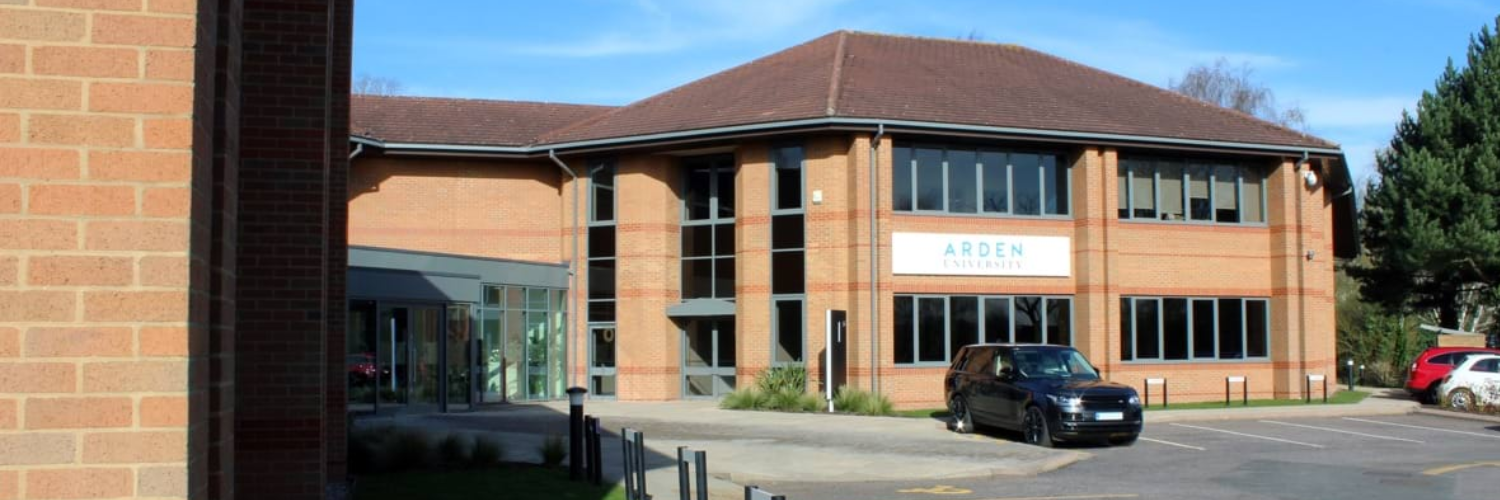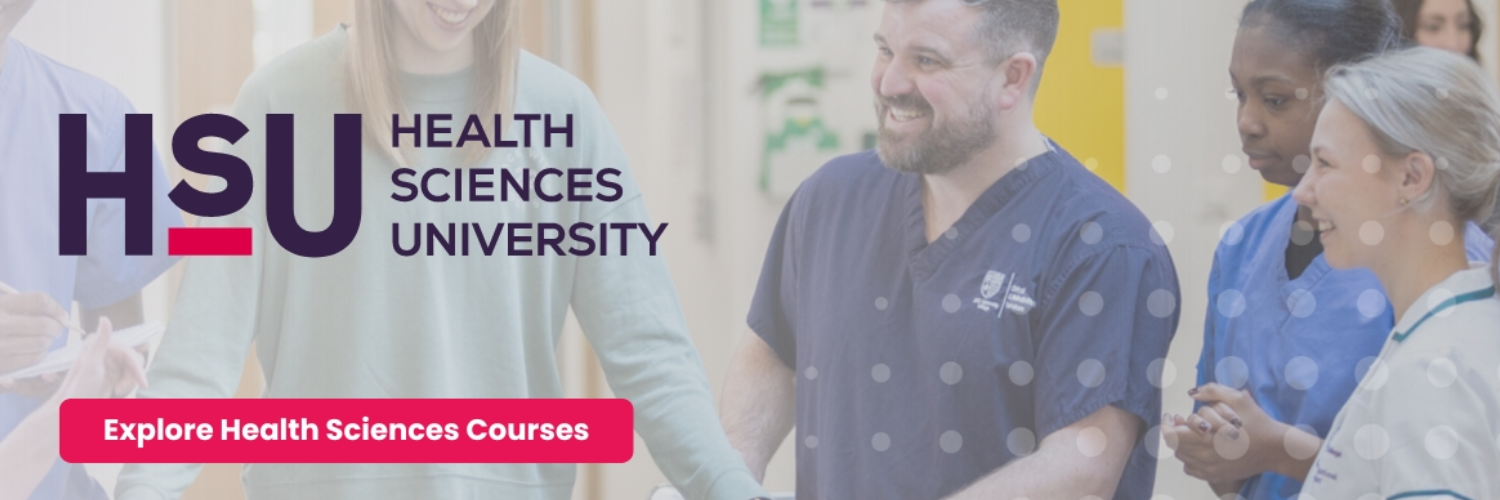Introduction to Anglia Ruskin University
Anglia Ruskin University (ARU) is a modern, forward-thinking public university in the United Kingdom, known for its emphasis on practical, career-focused education and a diverse, inclusive community.
Established with roots in the 19th century, ARU has evolved into a vibrant institution offering a wide range of undergraduate, postgraduate, and research programs. It serves over 39,000 students, including a significant international cohort, across multiple campuses in eastern England and London. ARU is particularly recognized for its strengths in health sciences, business, engineering, and creative arts, with a strong commitment to sustainability, employability, and real-world impact.
History of Anglia Ruskin University
ARU’s origins trace back to 1858, when the Cambridge School of Art was founded by John Ruskin, the renowned Victorian art critic, philanthropist, and social thinker. Ruskin aimed to provide accessible art education to working-class individuals, emphasizing practical skills and social reform. The school grew over the decades, incorporating other institutions such as the Peterborough Regional College (established 1989) and the Essex Institute of Higher Education.
In 1992, it became Anglia Polytechnic University, reflecting its expansion into polytechnic-style technical and applied education. The name changed to Anglia Ruskin University in 2005 to honour its founding figure and highlight its university status. Key milestones include the opening of its School of Medicine in Chelmsford in 2019 and the launch of the Peterborough campus in 2022. Today, ARU continues to build on its heritage while investing heavily in facilities—over £115 million in the past six years—to support innovative teaching and research.
Campuses and Locations
ARU operates across several campuses, each offering a unique environment tailored to different academic strengths and lifestyles. The main campuses are:
- Cambridge Campus: Located between the historic city centre and Romsey Town, about 15 minutes’ walk from the centre. It’s the largest and most central, housing facilities like one of only nine optometry schools in the UK (with its own clinic), the Ruskin Gallery (a free public art space exhibiting historic, contemporary, student, and staff works), and a new building for film and TV production under construction. It’s ideal for arts, humanities, and sciences.
- Chelmsford Campus: Situated in the University and Innovation Quarter along the River Chelmer, this modern site features Essex’s first School of Medicine (opened 2019) and facilities for business, law, engineering, and health. It’s known for its urban, innovative vibe and proximity to London.
- Peterborough Campus: Opened in September 2022 as a purpose-built facility near the city centre, it focuses on business, law, finance, and health programs. The campus emphasizes employability and has quickly gained recognition for its state-of-the-art setup in a vibrant, multicultural city.
- Writtle Campus (near Chelmsford): A rural, village-like setting with a 130-year history in agriculture and environmental studies. It’s a leader in equine science, veterinary physiotherapy, animal management, canine studies, and sports science. Writtle College, integrated into ARU, offers courses for 16-18-year-olds and adults, praised by Ofsted for its industry links and real-world preparation.
- ARU London: Based in trendy Farringdon, this site delivers ARU-validated degrees in business, law, and finance, with excellent transport links to central London. It’s geared toward working professionals and international students seeking a metropolitan experience.
All campuses offer virtual tours, and ARU invests in sustainable, accessible facilities, including eye clinics, sports centers, and green spaces.
Academic Offerings
ARU provides flexible study options, including full-time, part-time, distance learning, degree apprenticeships, and accelerated two-year degrees. Intakes occur in September, January, and May, accommodating diverse schedules. Programs span over 200 undergraduate and 100 postgraduate courses, with a focus on employability—95% of graduates are in work or further study 15 months after graduation.Key faculties and schools include:
- Faculty of Business and Law: Degrees in accounting, finance, marketing, human resources, and law, with strong industry partnerships.
- Faculty of Science and Engineering: Covers computing, engineering, architecture, and built environment; notable for animation, information systems (ranked #8 in the UK for some aspects), and technology.
- Faculty of Health, Medicine, and Social Care: Includes nursing, medicine, optometry, physiotherapy, and public health; home to the School of Medicine and a free Cambridge eye clinic.
- Faculty of Arts, Humanities, Social Sciences, and Education: Features English, performing arts, education, and social work.
- Faculty of Medical Science: Specialized in health and wellbeing.
- Writtle School of Agriculture, Animal and Environmental Sciences: Focuses on animal husbandry, veterinary studies, and sustainability.
Research degrees (PhDs, MPhils, Professional Doctorates) are available across themes like sustainability, health, and equality. ARU also offers Ruskin Modules, integrating sustainability into all curricula, which won a 2023 Green Gown Award.
Student Population and Demographics
ARU enrols approximately 39,000 students, with around 25% international from over 100 countries, fostering a diverse, inclusive environment. The university supports neurodiversity, disabilities, and specific groups through dedicated services. Undergraduates make up the majority, with growing postgraduate numbers. International students benefit from English language support, visa guidance, and integration programs. The acceptance rate is about 52%, prioritizing academic fit, personal statements, and references.
Rankings and Achievements of Anglia Ruskin University
ARU has risen in prominence, emphasizing teaching quality and graduate outcomes. Key rankings (as of 2025):
- Times Higher Education (THE) World University Rankings: 501–600 globally; 38th in the UK; top 40 UK universities; 210th in Europe; 56th in Young University Rankings.
- US News Best Global Universities: 772nd globally; 56th in the UK; 304th in Europe.
- QS World University Rankings: Europe: 347th.
- Complete University Guide: 98th in the UK.
- Other: Top 15% UK for international undergraduate employment; 3rd for international postgraduates in managerial roles; 1st in the UK for Good Health and Wellbeing (THE Impact Rankings 2022).
Achievements include:
- Times Higher Education University of the Year 2023.
- Gold rating in the Teaching Excellence Framework (TEF) 2023 (top 20% of UK universities).
- Queen’s Anniversary Prize 2021 for music therapy research.
- Bronze Race Equality Charter award 2023.
- Green Gown Award 2023 for sustainability education.
- High graduate employability, leading the East of England region.
Research Activities
ARU’s research is applied and impactful, organized around three themes: sustainability and social justice, health and wellbeing, and equality and inclusion. It produces outcomes benefiting local and global communities, such as promoting equity in public services (e.g., police and fire). Key centres include the Centre of Excellence for Equity in Uniformed Public Services and music therapy initiatives. With over 200 researchers, ARU collaborates with industries and receives funding for projects in health, environment, and technology. Postgraduate research opportunities emphasize real-world application.
Notable Alumni
ARU boasts successful alumni across fields:
- Matt Cardle: Winner of The X Factor (2010) and musician.
- Alex Zane: Comedian, actor, and TV presenter.
- Helen Lederer: Actress and comedian.
- Professionals in medicine, business, and arts, including NHS leaders and entrepreneurs.
Leadership
The university is led by Vice-Chancellor Professor Helen Gilchrist, who oversees strategic growth and inclusivity. The Chancellor is Lord Tony Hall, former BBC Director-General. Governance includes a Board of Governors ensuring academic and financial excellence.
Recent News and Developments
As of September 2025, ARU continues to expand:
- Students nominated for 2025 Green Gown Awards for sustainability initiatives.
- Writtle College received Ofsted praise for curriculum and industry ties.
- £115m+ investments enhance facilities, including new film/TV buildings and medical labs.
- Focus on post-pandemic recovery, with strong emphasis on mental health support and hybrid learning.
- ARU Peterborough’s rapid growth, achieving key milestones in student recruitment and partnerships.
Scholarships and Financial Aid
ARU offers merit-based and need-based support:
- ARU Bursary: Up to £300/year for low-income UK students (household <£42,875).
- Merit Scholarship: £1,000 for A-Level BBB+ achievers.
- International Excellence Scholarship: £4,000 for high-achieving overseas students.
- Sports Scholarship: £1,400–£12,500 for elite athletes. International tuition averages £14,300 (undergrad) to £17,200 (postgrad), with living costs higher in Cambridge/Chelmsford.
ARU’s student life includes the Students’ Union, sports clubs, societies, welcome weeks, and global opportunities like language learning and exchanges. For more, visit aru.ac.uk.



